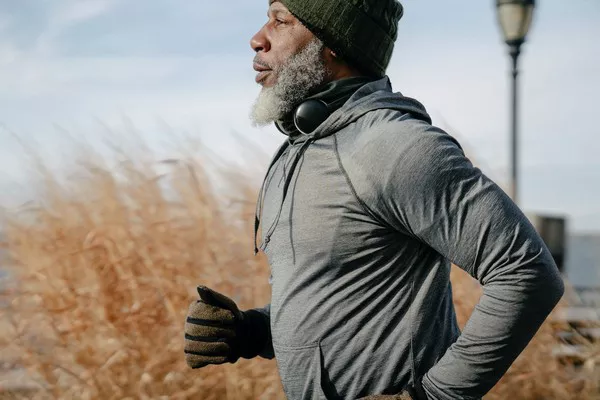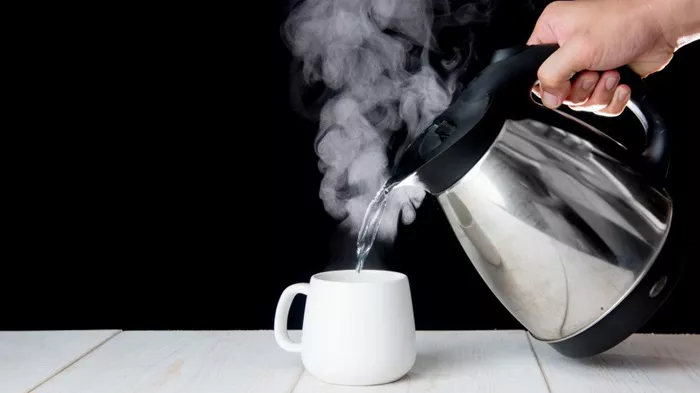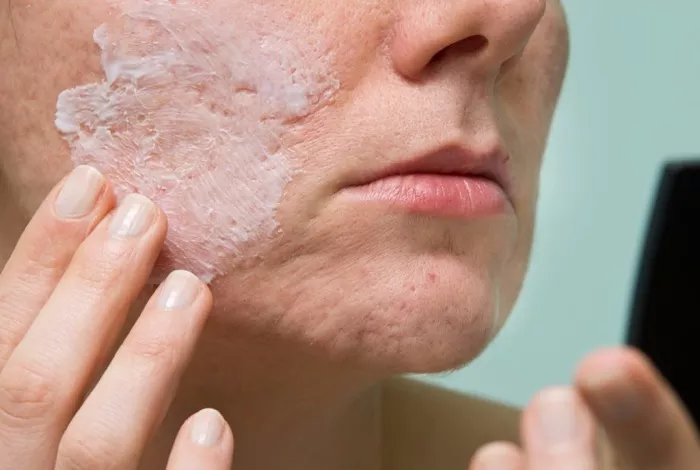Sleep is often overlooked as a critical component of overall health and well-being. However, emerging research and clinical evidence consistently demonstrate the profound impact of sleep on mental health. In this comprehensive exploration, we delve into the intricate relationship between sleep and mental well-being, emphasizing its importance, the consequences of sleep deprivation, and strategies for achieving restorative sleep.
The Foundation of Mental Wellness: Sleep’s Central Role
Sleep is a fundamental biological need, just like eating and breathing. It serves as the body’s natural reset button, allowing us to recover physically, mentally, and emotionally. The importance of sleep in mental health cannot be overstated, as it plays several pivotal roles:
1. Emotional Regulation: Finding Balance
Stress Reduction: Sleep is crucial for managing stress. Adequate rest helps the body recover from daily stressors and equips individuals with the emotional resilience to cope with challenges.
Mood Stabilization: Sleep fosters emotional stability. It enhances the brain’s ability to regulate mood and process emotions, reducing the risk of mood disorders like depression and anxiety.
2. Cognitive Function: Sharpening the Mind
Memory Consolidation: Sleep is essential for consolidating memories and learning. It allows the brain to process and organize information, improving cognitive performance and problem-solving abilities.
Creativity and Innovation: Restorative sleep fosters creativity and innovative thinking. It enhances the brain’s capacity to make novel connections and find creative solutions to problems.
3. Psychological Resilience: Building Fortitude
Resilience to Trauma: Adequate sleep contributes to psychological resilience, reducing the risk of developing post-traumatic stress disorder (PTSD) after exposure to traumatic events.
Optimism and Well-being: Sleep plays a role in promoting a positive outlook on life. It helps individuals maintain a sense of well-being and optimism.
4. Healthy Sleep Cycles: The Rhythms of Restoration
REM and Non-REM Sleep: The sleep cycle consists of various stages, including rapid eye movement (REM) and non-REM sleep. Each stage serves unique functions, from processing emotions in REM sleep to physical restoration in non-REM sleep.
Circadian Rhythms: The body’s internal clock, or circadian rhythms, regulates sleep-wake cycles. Disruptions in these rhythms, such as those caused by irregular work schedules or jet lag, can lead to sleep disorders and mental health issues.
The Consequences of Sleep Deprivation in Mental Health
Conversely, chronic sleep deprivation can have detrimental effects on mental health. When sleep is consistently disrupted or insufficient, it can lead to a cascade of physical and psychological consequences:
1. Mood Disorders: Unrelenting Darkness
Depression: Sleep deprivation is closely linked to the development and exacerbation of depressive symptoms. It can lead to persistent feelings of sadness, hopelessness, and low energy.
SEE ALSO: Major Depression: 8 Complex Causes & Treatments
Anxiety: Poor sleep can trigger or worsen anxiety disorders, contributing to heightened levels of worry, restlessness, and nervousness.
SEE ALSO: Top 3 Anxiety Disorders: Characteristics & Causes & Treatments
2. Cognitive Impairment: Foggy Mind
Impaired Memory: Sleep deprivation hampers memory consolidation, making it difficult to retain and recall information.
Reduced Concentration: Individuals who lack adequate sleep often experience difficulties in maintaining focus and attention, which can impair daily functioning.
3. Increased Risk of Mental Disorders: Vulnerability Amplified
Psychiatric Disorders: Chronic sleep disturbances increase the risk of developing psychiatric disorders, including bipolar disorder and schizophrenia.
Suicidal Thoughts: Sleep problems are associated with a higher risk of suicidal thoughts and behaviors.
[inline_related_posts title=”SEE ALSO” title_align=”left” style=”list” number=”2″ align=”none” ids=”1432,1162″ by=”categories” orderby=”rand” order=”DESC” hide_thumb=”no” thumb_right=”no” views=”no” date=”yes” grid_columns=”1″ post_type=”” tax=””]
4. Physical Health Implications: The Mind-Body Connection
Cardiovascular Risks: Sleep deprivation can contribute to high blood pressure and increase the risk of cardiovascular diseases.
Immune System Suppression: Poor sleep weakens the immune system, making individuals more susceptible to infections and illnesses.
SEE ALSO: What Is Mental Instability: Everything You Need to Know
Strategies for Achieving Restorative Sleep: Nurturing Mental Well-being
Quality sleep is a cornerstone of mental well-being, and achieving restorative sleep involves adopting habits and strategies that promote deep, uninterrupted rest. Here are detailed strategies to help you improve your sleep quality and nurture your mental health:
1. Maintain a Consistent Sleep Schedule
Circadian Rhythms: Your body has an internal clock that regulates sleep-wake cycles, known as circadian rhythms. Going to bed and waking up at the same times each day, even on weekends, helps synchronize these rhythms, making it easier to fall asleep and wake up feeling refreshed.
Set a Bedtime Routine: Establish a calming pre-sleep routine to signal to your body that it’s time to wind down. This could include reading, gentle stretches, or listening to soothing music.
2. Create a Sleep-Friendly Environment
Optimal Conditions: Ensure that your bedroom is conducive to sleep. This means a comfortable mattress and pillows, a dark and quiet environment, and a cool room temperature. Consider using blackout curtains and white noise machines if needed.
Limit Screen Time: The blue light emitted by smartphones, tablets, and computers can interfere with melatonin production, making it harder to fall asleep. Avoid screens at least an hour before bedtime.
3. Manage Stress
Stress Reduction Techniques: Engage in relaxation techniques to calm the mind before sleep. Meditation, deep breathing exercises, progressive muscle relaxation, or yoga can help alleviate stress and anxiety that might keep you awake.
Journaling: Consider keeping a journal to jot down any worries or thoughts that are keeping you up. This can help release these concerns from your mind, allowing you to relax.
4. Be Mindful of Diet
Watch Caffeine and Alcohol: Limit caffeine intake in the afternoon and evening, as it can interfere with sleep. Alcohol may disrupt sleep patterns, so consume it in moderation, especially close to bedtime.
Balanced Meals: Avoid heavy, spicy, or large meals right before bedtime. A light snack may be a better choice if you’re hungry.
5. Stay Active
Regular Exercise: Engage in regular physical activity, as it can improve sleep quality. However, avoid intense exercise close to bedtime, as it can be stimulating.
Morning Sunlight: Exposure to natural daylight in the morning can help regulate your body’s internal clock and improve sleep.
6. Limit Naps
While short power naps can be beneficial, especially for boosting daytime alertness, long or late-day naps can interfere with nighttime sleep. If you need to nap, keep it short (20-30 minutes) and earlier in the day.
7. Create a Relaxing Bedtime Ritual
Establish a soothing bedtime routine that prepares your body and mind for sleep. This could involve reading a calming book, taking a warm bath, or practicing gentle stretching exercises.
8. Monitor Your Sleep Environment
Ensure that your bedroom is a comfortable and calming space. Invest in a comfortable mattress and pillows, and keep the room dark, quiet, and cool.
9. Seek Professional Help
If you consistently struggle with sleep despite your efforts, it may be beneficial to consult a healthcare provider or a sleep specialist. They can help identify and address any underlying sleep disorders, such as insomnia or sleep apnea.
10. Prioritize Self-Care
Make self-care a central part of your daily routine. Engage in activities that promote relaxation and emotional well-being, such as spending time in nature, pursuing hobbies you enjoy, or spending quality time with loved ones.
11. Cognitive Behavioral Therapy for Insomnia (CBT-I)
CBT-I is an evidence-based therapy designed to treat insomnia. It focuses on changing behaviors and thought patterns that contribute to sleep problems. A trained therapist can help you learn these techniques.
SEE ALSO: 4 Major Types of Psychological Therapies: Cornerstones of Psychological Healing
12. Avoid Overthinking at Night
If you find yourself overthinking or worrying in bed, consider setting aside dedicated “worry time” earlier in the day. Write down your concerns and potential solutions, allowing your mind to rest at night.
13. Be Patient and Persistent
Improving sleep habits and achieving restorative sleep may take time and effort. Be patient with yourself and continue to practice good sleep hygiene consistently.
Conclusion
Sleep is not a passive state but an active process that contributes significantly to mental health. Prioritizing restorative sleep is an investment in emotional stability, cognitive function, and psychological resilience. By understanding the profound importance of sleep and implementing strategies for better sleep hygiene, individuals can nurture their mental well-being and lead healthier, more fulfilling lives. In the quest for mental health, let us not underestimate the power of a good night’s sleep.
[inline_related_posts title=”Related Topics” title_align=”left” style=”list” number=”3″ align=”none” ids=”1974,1971,1936″ by=”categories” orderby=”rand” order=”DESC” hide_thumb=”no” thumb_right=”no” views=”no” date=”yes” grid_columns=”1″ post_type=”” tax=””]

































